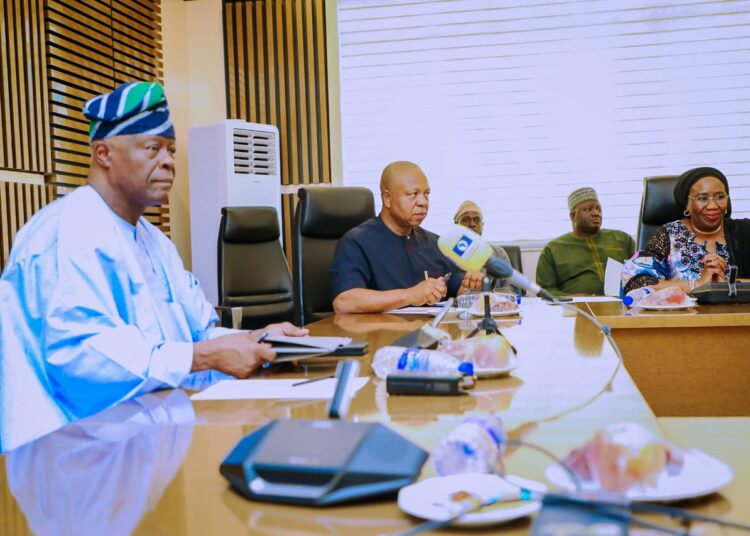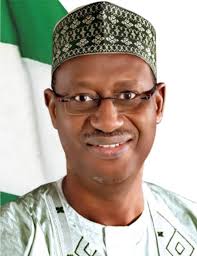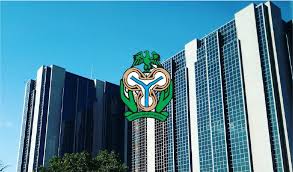
‘Shell’s Investments In Education Can Address Nigeria’s Energy Challenges’
Mohammed Shosanya An academic has identified the targeted investments in education by the Shell Petroleum Development Company (SPDC) Joint Venture as a catalyst for addressing Nigeria’s energy challenges. Professor Anene Moneke, Director












